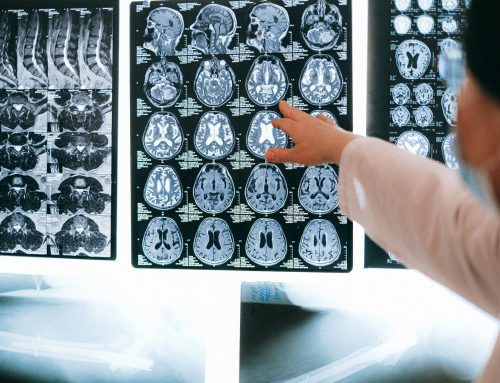During the Fall, high school students across the country are preparing their college applications. Some will have an easy transition into college, while others will have more challenges. Students with ADHD have an extra challenge, as the organization, self-reliance, time management, and motivation needed in college do not come naturally to them.
Some students with ADHD may have received accommodations in high school due to educational laws. Other high school students may have never pursued accommodations or even received a diagnosis of ADHD, yet they have found themselves struggling more and more as graduation approaches. All of these students are likely to need accommodations in college. Without them, students are at risk of increased stress, lower self-esteem, missed or late assignments, poor test performance, and overall poor grades. Because of this, students with ADHD are at increased risk for academic suspension or early dropout. In fact, only 5% of college students with ADHD will graduate.
Fortunately, many types of accommodations are available for college students with ADHD. These range from classroom and testing accommodations, but can also cover preference for class times and housing. In many schools, students must show evidence of disability and provide recommendations from a qualified professional (such as a psychologist or medical doctor). In certain cases, schools may ask for recent testing and documentation.
Overall, the best plan for students with diagnosed ADHD or suspected ADHD is updated or new testing in high school. Students will be much more successful if they are given the right tools from the beginning. They are likely to feel more confident in the challenging college environment, have a better academic performance, and increase their chances for graduation.






